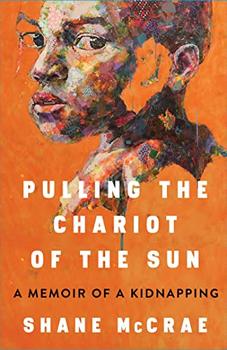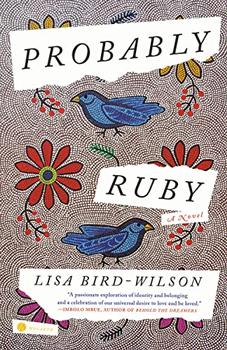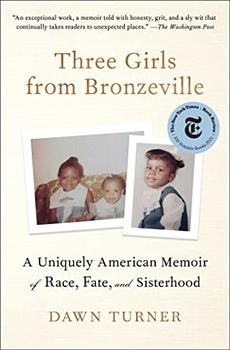Summary | Excerpt | Reading Guide | Reviews | Beyond the book | Read-Alikes | Genres & Themes | Author Bio

A Memoir of a Kidnapping
by Shane McCraeAn unforgettable memoir by an award-winning poet about being kidnapped from his Black father and raised by his white supremacist grandparents.
When Shane McCrae was three years old, his grandparents kidnapped him and took him to suburban Texas. His mom was white and his dad was Black, and to hide his Blackness from him, his maternal grandparents stole him from his father. In the years that followed, they manipulated and controlled him, refusing to acknowledge his heritage—all the while believing they were doing what was best for him.
For their own safety and to ensure the kidnapping remained a success, Shane's grandparents had to make sure that he never knew the full story, so he was raised to participate in his own disappearance. But despite elaborate fabrications and unreliable memories, Shane begins to reconstruct his own story and to forge his own identity. Gradually, the truth unveils itself, and with the truth, comes a path to reuniting with his father and finding his own place in the world.
A revelatory account of a singularly American childhood that hauntingly echoes the larger story of race in our country, Pulling the Chariot of the Sun is written with the virtuosity and heart of one of the finest poets writing today. And it is also a powerful reflection on what is broken in America—but also what might heal and make it whole again.
McCrae is simply a stunning writer. Like when describing himself and his family: "When I was a child, whiteness and blackness weren't facts about me, whiteness was a wheat field I stood in; blackness was a pit somewhere in the field, hidden by the somehow taller stalks growing from it." He writes his story as if childhood is timeless. In the span of a few pages, he is a seven-year-old watching sideways rain and then a kindergartener and then an acne-faced teenager...continued
Full Review
 (858 words)
(858 words)
(Reviewed by Valerie Morales).
 As Shane McCrae documents in Pulling the Chariot of the Sun, he was born to a black father and a white mother. He lived alternately with both parents for three years until his maternal grandparents convinced his father to let him visit them for the weekend. When his father went to pick him up at the agreed time, the house was empty: "There was no sign of where they had gone."
As Shane McCrae documents in Pulling the Chariot of the Sun, he was born to a black father and a white mother. He lived alternately with both parents for three years until his maternal grandparents convinced his father to let him visit them for the weekend. When his father went to pick him up at the agreed time, the house was empty: "There was no sign of where they had gone."
Far from model guardians, his grandparents were physically abusive and racist, taunting blacks they saw on television and in person, telling him black people were inferior. Unsurprisingly, McCrae was a miserable student, failing most years he was enrolled until October 25, 1990, when he heard lines from Sylvia Plath's poem "Lady Lazarus" on the television drama ...

If you liked Pulling the Chariot of the Sun, try these:

by Lisa Bird-Wilson
Published 2023
An Indigenous woman adopted by white parents goes in search of her identity in this unforgettable debut novel about family, race, and history.

by Dawn Turner
Published 2022
A "beautiful, tragic, and inspiring" (Publishers Weekly, starred review) memoir about three Black girls from the storied Bronzeville section of Chicago that offers a penetrating exploration of race, opportunity, friendship, sisterhood, and the powerful forces at work that allow some to flourish…and others to falter.